The UK has conducted its most extensive artificial intelligence (AI) defence trial to date, involving land, sea, and air platforms in a large-scale, multi-domain effort to sharpen battlefield decision-making and operational effectiveness.
Announced by the Ministry of Defence on 25 May 2025, the five-day exercise brought together 200 scientists from the Defence Science and Technology Laboratory (Dstl), Royal Navy and RAF personnel, industry experts, and international partners at Portland Harbour. The exercise built on previous WINTERMUTE trials, marking a major step forward in the integration of AI into UK defence.
“This innovative trial represents a significant advancement in how we develop and test defence technologies,” said Dr Paul Hollinshead, Chief Executive of Dstl. “By bringing together multiple domains and partners, we’re not just collecting data – we’re creating the foundation for mission success and operational advantage that will protect our forces for decades to come.”
The trial gathered visual, infrared, and radar data from Royal Navy vessels, manned and unmanned aircraft, and ground vehicles in mission-based scenarios, enabling the development and validation of AI algorithms to assist across a range of operational environments.
For the Royal Navy, the AI systems trialled aim to boost maritime surveillance and improve threat detection in complex sea conditions. According to the MOD, the technologies are intended to “enable faster decision-making during naval operations.”
The RAF, meanwhile, stands to benefit from enhanced target recognition systems capable of processing inputs from multiple airborne sensors at once. These improvements are designed to reduce pilot cognitive load and improve operational effectiveness during high-pressure missions.
Minister for Defence Procurement and Industry, Maria Eagle MP, said the results underscore the UK’s growing technological edge in military innovation. “We can all see how AI has the potential to impact our lives and enhance our war fighting ability, and UK defence is embracing this leap forward in technology to better support our personnel on the frontline,” she stated.
“Significant trials like this, working with international and industry partners, demonstrate the rapid progress we’re making to utilise new technology for keeping Britain secure at home and strong abroad.”
Notably, the trial also included participation from Australia and the United States.
Crucially, the AI technologies under development are not intended to replace human decision-making, but rather to support it. The systems will “reduce cognitive burden on military personnel by filtering information and providing clearer battlefield intelligence,” ensuring more timely and effective responses in dynamic situations.



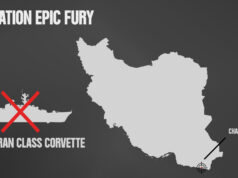


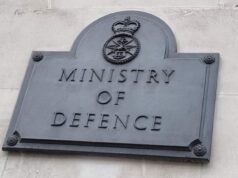

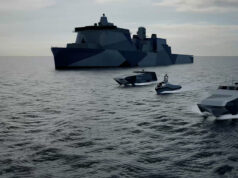
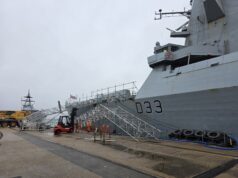
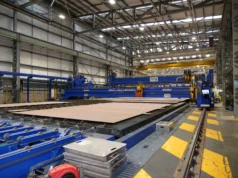
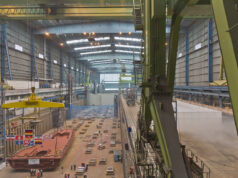


Interesting development in the world of AI, there have been some reports that a system run by AI won’t switch off and has gone AWOL! What this proves is the high risk of any system controlled by AI doing its own thing. What this means for global defence is now a burning question. As I have said before, depending on the system’s morals (solely for good), AI could offer the human race a golden opportunity; however, if fed by insidious forces, then tin hats for all may be the wisest way forward.